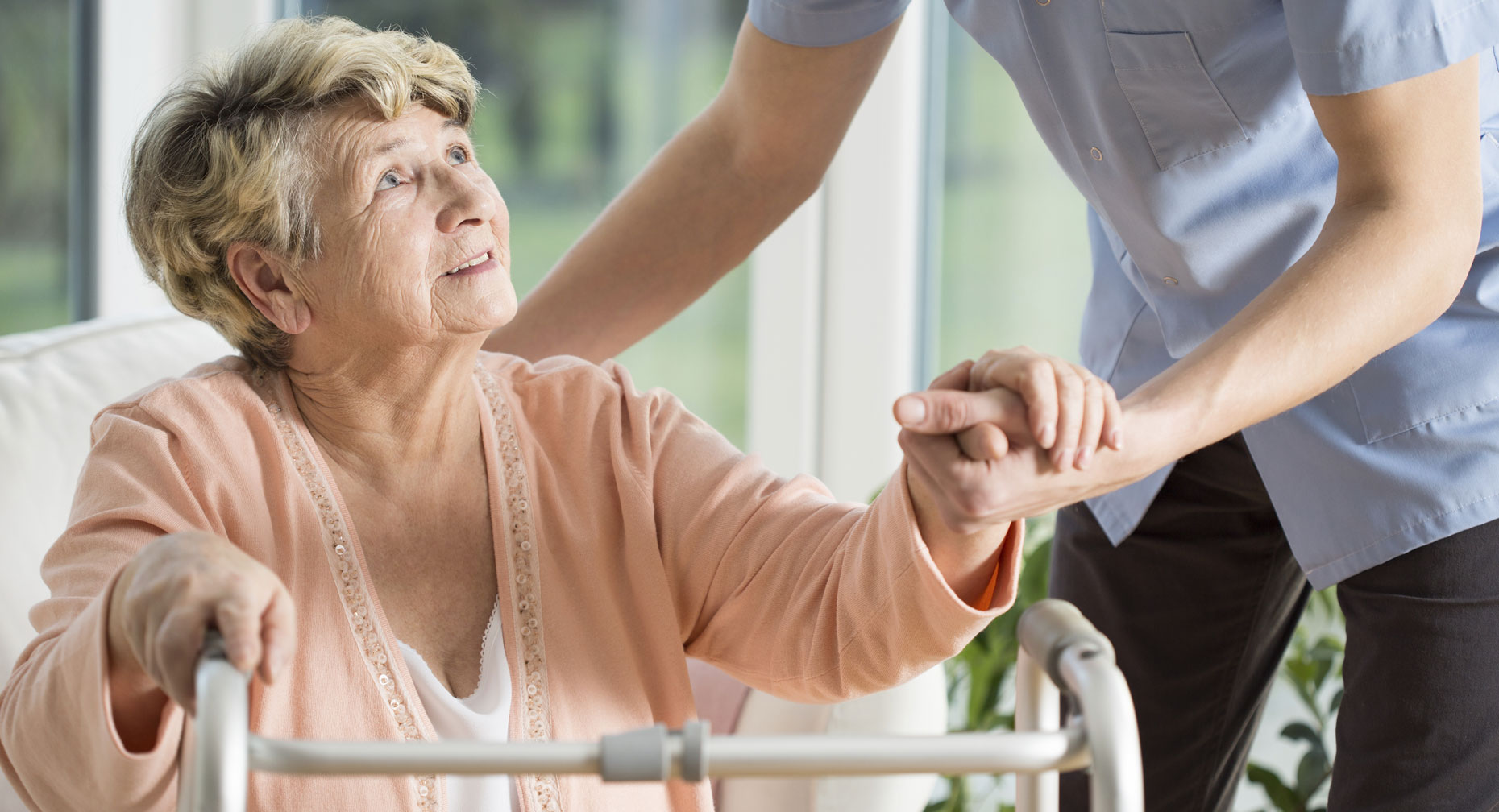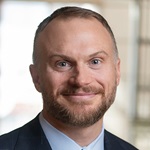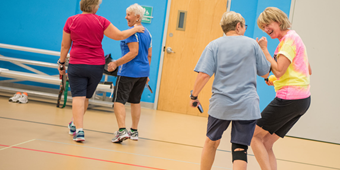Stroke Recovery: How Long Does It Take?

Find Your Perfect Match
Answer a few questions and we'll provide you with a list of primary care providers that best fit your needs.
You’ve survived the shock of realizing that you or your loved one had a stroke. Now you’re ready for recovery. But how long will it take?
There’s not a single answer that applies to everyone. Recovery time depends on a few important factors:
- Where the stroke occurred in the brain and which functions it damaged
- How quickly the blood clot or bleeding that caused the stroke was stopped by medical intervention
- The age and general health of the person who had the stroke
- The quality and comprehensiveness of rehabilitation following the stroke
Some people have trouble speaking, while others have difficulty understanding words spoken by others.
The Impact Of Quick Action
A stroke occurs when blood flow to the brain is interrupted either by a clot that blocks blood flow or a leaking or burst blood vessel that causes bleeding into the brain. Brain damage results as brain cells die from lack of oxygen.
In fact, each minute that a stroke is not treated causes the loss of nearly two million neurons, potentially damaging a person’s speech, movement, and memory, according to the National Institutes of Health.
For ischemic strokes, when a clot blocks blood flow, doctors can give a clot-dissolving drug call tPA. Getting to a hospital for treatment as soon as possible after the first warning signs begin is extremely important to minimize permanent brain damage and speed up recovery time.
Rehabilitation Spurs Progress
Spontaneous recovery occurs for many people in the first few weeks following a stroke. Some have a full recovery and don’t require rehabilitation. Speech or movement returns on its own.
Many people, however, gain further benefit from physical therapy, speech therapy, and occupational therapy. Each addresses areas of the brain potentially damaged by a stroke and teaches a person to regain former skills or learn new ways to perform functions necessary for daily life.
“Oftentimes rehabilitation works amazingly well for…individuals to heal and repair the circuits that have been potentially damaged after a stroke has occurred. This rehabilitation can sometimes last for weeks; sometimes it can last for months; sometimes it could last for days depending on how well their therapy works,” says neurointerventionalist Bryan Ludwig, MD.
Dr. Ludwig discusses what happens after a stroke.
Click play to watch the video or read video transcript.
Therapists can help people overcome these problems following stroke:
- Communication challenges. Some people have trouble speaking, while others have difficulty understanding words spoken by others. People also may have trouble with reading, writing, and math skills. Most people who have a stroke can expect that their communication will improve to some degree. You’ll see the fastest improvement in the weeks and months right after the stroke. Progress slows between six months and a year, but if you continue to work at it, you may continue to see slower improvement over years.
- Movement challenges. A physical disability or limitation is common if you’ve had a stroke. The more you use your body, the better the chance you will improve over weeks or months. Set goals that help you regain independence in daily life.
- Behavioral and emotional issues. Injury from a stroke may make a person forgetful, careless, irritable, or confused. Stroke survivors may also feel anxiety, anger, or depression. Behavior and emotions can improve over time, although it’s difficult to estimate to what extent or how quickly this will happen.
“If the patient arrives (for stroke treatment) as soon as they possibly can, all of those therapies will lead to a much better chance that the patient will have a very short rehabilitation stint and have a much better outcome on the other side,” Dr. Ludwig concludes.
Find Your Perfect Match
Answer a few questions and we'll provide you with a list of primary care providers that best fit your needs.
Source: Bryan Ludwig, MD, The Clinical Neuroscience Institute; American Stroke Association; Agency for Health Care Policy and Research: Recovering after a Stroke: A Patient and Family Guide





